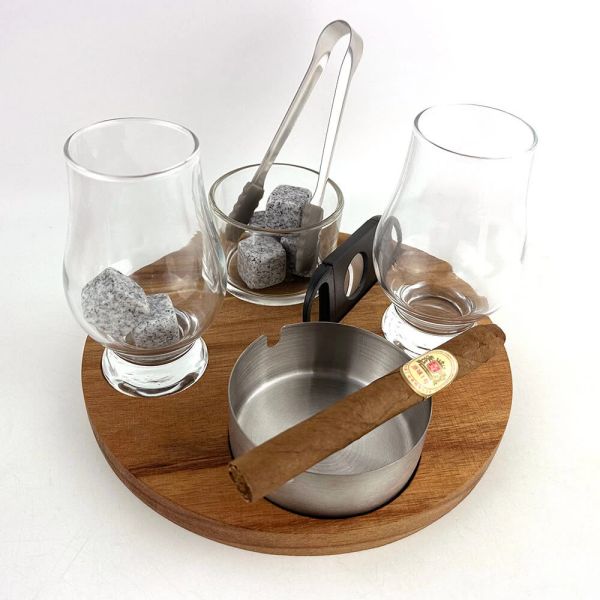
Bar Industry: Premium Whiskey Analysis
Table of Contents
Introduction
The premium whiskey market has seen remarkable growth in recent years, driven by a surge in consumer interest and appreciation for high-quality spirits. As bars and restaurants adapt to changing consumer preferences, understanding the dynamics of this segment is crucial for industry stakeholders. This article delves into the trends, challenges, and opportunities within the premium whiskey industry, providing insights into its future trajectory.
1st Half of 2022: Market Overview
In the first half of 2022, the premium whiskey market experienced a notable rebound as pandemic restrictions eased. Consumers returned to bars, eager to indulge in premium offerings. Sales figures indicated a significant uptick, with many establishments reporting increased demand for high-end whiskey brands. The shift towards premiumization became evident, as consumers were willing to pay more for quality.
2nd Half of 2022: Emerging Trends
The second half of 2022 saw the rise of unique flavor profiles and innovative cask finishes. Distilleries began experimenting with unconventional ingredients and aging processes, attracting a new demographic of whiskey enthusiasts. Additionally, online sales platforms gained traction, allowing consumers to explore a wider range of premium options from the comfort of their homes.
1st Half of 2023: Sustainability in Production
As sustainability became a focal point across industries, the whiskey sector began to embrace eco-friendly practices. Distilleries adopted sustainable sourcing methods and implemented energy-efficient production processes. This shift not only appealed to environmentally conscious consumers but also positioned brands as leaders in responsible production.
2nd Half of 2023: Global Expansion
The latter half of 2023 marked an era of global expansion for premium whiskey brands. Emerging markets, particularly in Asia and South America, showed increasing interest in whiskey culture. Brands that adapted their marketing strategies to resonate with local tastes and preferences found success in these new territories.

1st Half of 2024: Craft Distilling Revolution
As we move into 2024, the craft distilling movement continues to gain momentum. Small-batch distilleries are producing unique, artisanal whiskeys that cater to niche markets. This trend not only fosters diversity in flavor but also encourages consumer engagement through distillery tours and tastings.
2nd Half of 2024: The Digital Age
The digital landscape is reshaping how consumers engage with whiskey brands. Social media campaigns, virtual tastings, and influencer partnerships are becoming integral components of marketing strategies. Brands that leverage digital platforms effectively can enhance their visibility and connect with a broader audience.
5th Half of 2025: Innovations in Packaging
By 2025, packaging innovations will play a pivotal role in attracting consumers. Eco-friendly materials and eye-catching designs will become essential as consumers prioritize sustainability and aesthetics. Brands that invest in creative packaging solutions can enhance their appeal in a crowded market.
6th Half of 2026: Consumer Education
As the premium whiskey market matures, consumer education will be paramount. Brands that prioritize transparency in production and provide educational resources will cultivate loyal customer bases. Collaborations with industry experts and whiskey aficionados can further enhance consumer knowledge and appreciation.
Conclusion
The premium whiskey industry is poised for continued growth, driven by evolving consumer preferences, innovative practices, and a commitment to sustainability. As bars and brands navigate this dynamic landscape, staying attuned to trends and consumer desires will be crucial for success.
FAQs
1. What defines premium whiskey?
Premium whiskey is typically characterized by its high-quality ingredients, traditional production methods, and exceptional flavor profiles. It often comes from established distilleries with a reputation for craftsmanship.
2. How has the pandemic affected the premium whiskey market?
The pandemic initially caused disruptions, but as restrictions eased, the market rebounded with increased consumer interest in premium spirits, leading to higher sales in bars and retail.
3. What trends are currently shaping the whiskey industry?
Current trends include the rise of unique flavor profiles, sustainability in production, and the expansion into emerging markets, particularly in Asia and South America.
4. How important is sustainability in the whiskey industry?
Sustainability is increasingly important as consumers become more environmentally conscious. Distilleries adopting sustainable practices can attract this demographic and enhance their brand image.
5. What role does digital marketing play in the whiskey industry?
Digital marketing is crucial for brand visibility and consumer engagement. Effective use of social media, virtual tastings, and influencer partnerships can significantly enhance a brand’s reach.
6. How can consumers educate themselves about premium whiskey?
Consumers can educate themselves through distillery tours, tastings, online resources, and engaging with whiskey communities. Many brands also provide educational content about their production processes and flavor profiles.
For more information on premium whiskey and related products, visit Tapaset.




